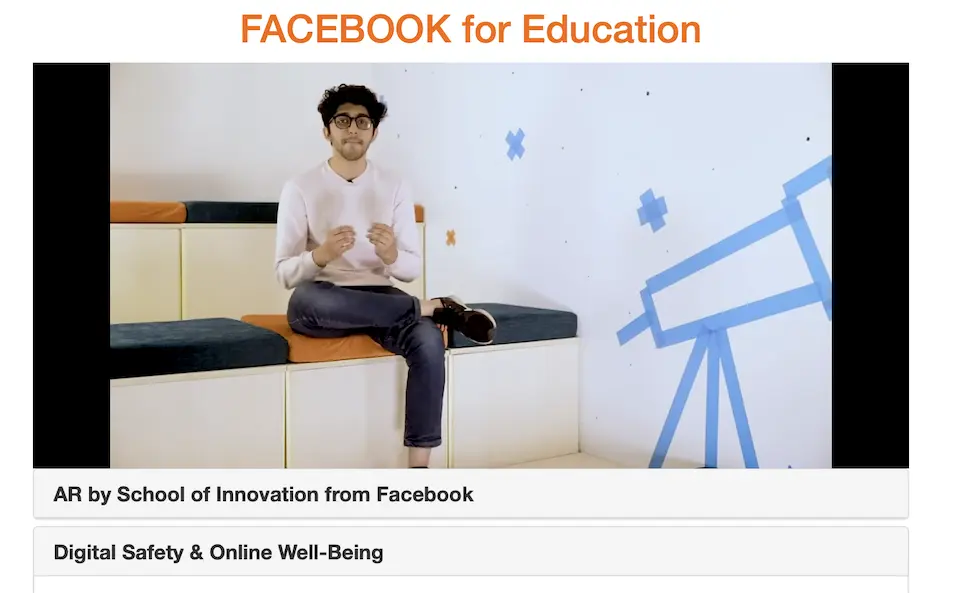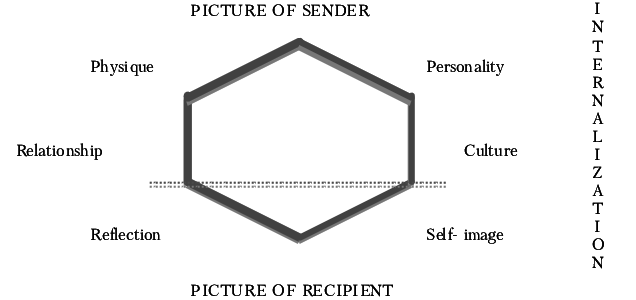Does a Name Change a Brand?

A recent article in Techcrunch reveals that Facebook has partnered with India’s Central Board of Secondary Education to launch “a certified curriculum on digital safety and online well-being, and augmented reality for students and educators in the country.”
Apparently, as per a press release, it is part of Facebook’s “global initiative to build diverse learning communities and bring the world closer together.”
It is obvious that for Facebook this is a way to gain greater foothold in the world’s largest market (China is obviously ruled out), and also improve its brand positioning as a responsible organisation.

The key question is if brands can reposition themselves so easily, by launching a few courses or by, like in the case of Hindustan Unilever (HUL) changing a name.

A brand is not just a name, a logo or a spokesperson/ambassador. It is the sum total of experiences that it has created in customers’ minds, over a period of time. Either through direct experience or others’ live experiences, we build our perceptions, expectations and relationship with a brand.
A useful framework to think about a brand is the brand identity prism by Jean Kapferer, Emeritus Professor of Marketing at HEC, Paris. The prism postulates that a brand is not just about what the seller wishes to portray but also how it is received by the user/observer, in the context of the external environment and the organisation’s culture.

Clearly, an organisation or brand has to work on all dimensions to create change. Whether Facebook’s education initiative and HUL’s name change are part of such a larger program, or just tactical responses to evolving external environment, needs to be seen.
